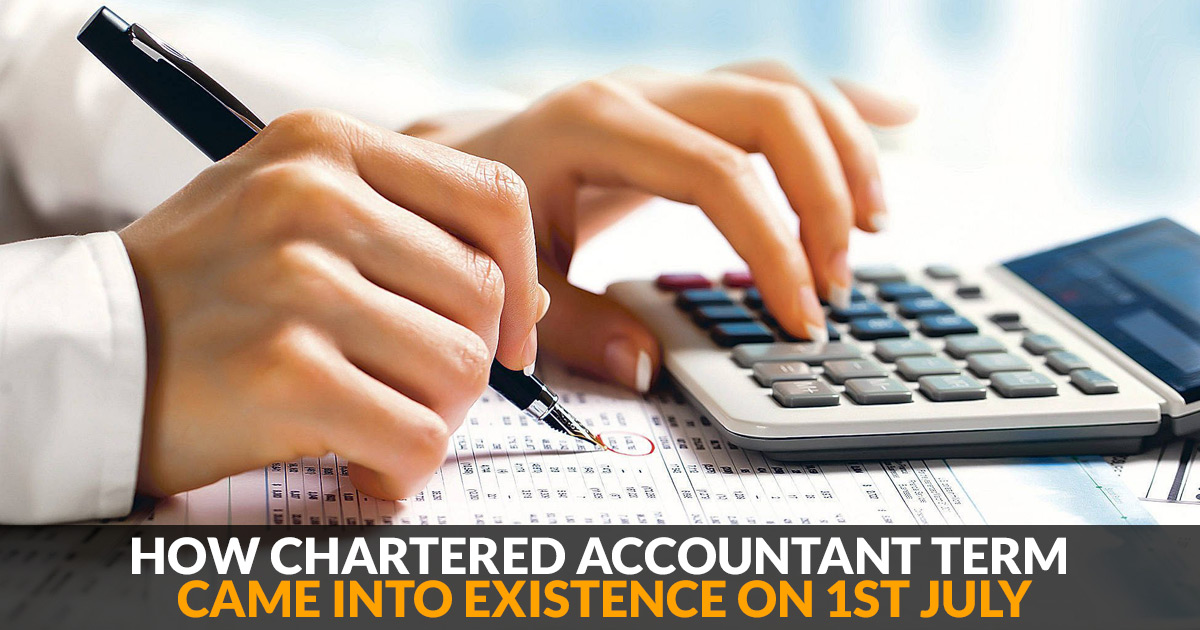
Chartered Accountants are the elites of the Finance World. The title attracts great respect and admiration. However, the title “Chartered” has its fair share of controversy. Used for labeling Royal Decree, the Indian Parliamentary of the early Independent era were not in favour of using the term. However, a few twists and turns in the way and the title was adopted by the parliament. In this blog we look back at the early days of the profession and how the term “Chartered” incorporated into mainstream finance.
The Beginning
The Companies Act, 1913 mandates the maintenance of specific books as prescribed by the Act. In addition to book maintenance, a formal auditor had to be appointed to maintain such books. To be an auditor, the aspirant needed to acquire a restricted certificate from the local government. However, a restricted certificate meant that the auditor was eligible to practice only within the state of issue and the language mentioned in the restricted certificate.
In 1918, with the introduction of Government Diploma Accountancy course in Bombay, aspirants could get an unrestricted certificate on fulfilling the prescribed conditions. Post completion of the diploma, the aspirants needed to undergo a vigorous Articleship training for three years under a qualified accountant. On completing the Articleship, the aspirant owned the unrestricted certificate. This certificate entitled the holder to practice as an auditor throughout India. Since 1920, the practice of issuing restricted certificates has been discarded. Only unrestricted certificates are granted now. The unrestricted certificate allowed auditors to practice in any part of India irrespective of place and language.
The Register of Accountants
The Government of India in 1930 decided to maintain a register called the Register of Accountants. Individuals whose name appeared in the register were termed as a Registered Accountant.
The Governor General of India established an independent advisory board for matters related to accountancy and selection of auditors. This, however, did not regulate the process and the confusion regarding the qualifications of auditors continued. Finally, in 1948, the newly formed government of independent India appointed an expert committee to put all the existing confusion to rest. As per the recommendation of the body, the Chartered Accountants Act of 1949 was passed by the government. The Section 3 of the Chartered Accountants Act granted for the establishment of ICAI, a separate autonomous association of accountants under a common seal.
Recommended: Everything You Need to Know About Becoming A Chartered Accountant
The Adoption of the Title “Chartered ”
The word “Chartered ” refers to a Royal charter in most Commonwealth countries. But India being a republic was apprehensive about using the term for registered accountants. The matter was strongly discussed in the Indian Assembly. While many were in favor of an alternate designation but the accountants of the time refused to budge. They had already acquired membership of various Chartered Societies of Great Britain and were practicing as Chartered Accountants. The brand value was alluring and bestowed a higher pedestal to them than the erstwhile title of Registered Accountants.
The parliament had to give in to the demand of the Accountants and following a healthy debate, the term “Chartered” was incorporated in the Act. Since then the Indian Accountancy professionals are designated as Chartered Accountants. Hence on 1st July 1949, with the Chartered Accountants Act of 1949 coming into full effect, Registered Accountants permanently came to be designated as Chartered Accountant.







February 13, 2019
Before the definition of the chartered accountant, the term existed long before. The only difference here is that people are now being aware of the professional field of the chartered accountant and its related terms.
June 13, 2018
CA Portal, thank you for this post. Its very inspiring.